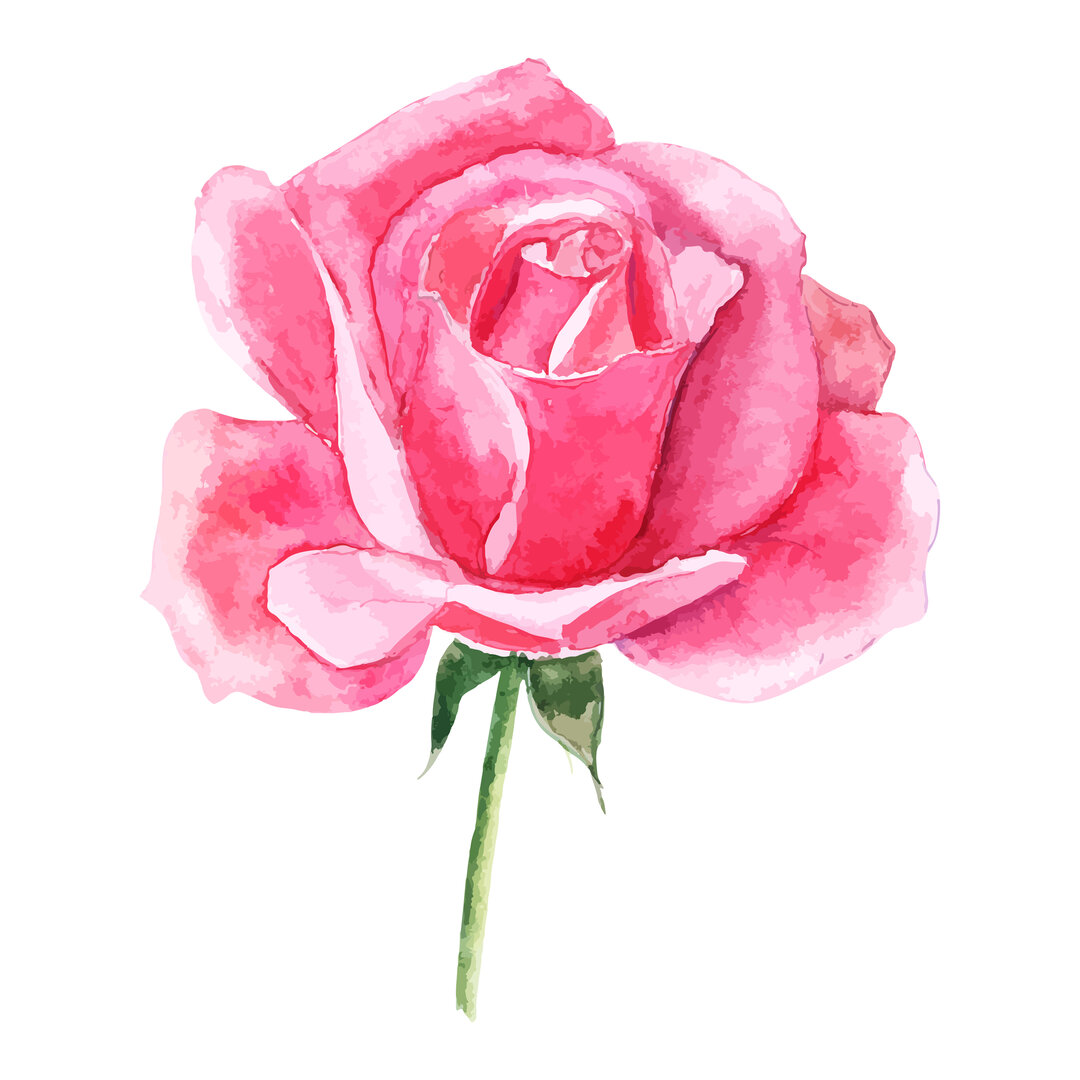Since time immemorial, names have been a fundamental aspect of our identity, deeply rooted in our cultures, beliefs, and traditions.
This is especially evident in the evolution of English girls’ names. As society has progressed, these names have transformed from classic and traditional names. to more contemporary and diverse choices.
Classic English Girls Names
Traditional English names usually had a deep historical or religious significance. Many had their roots in the Bible, while others were inspired by nature or specific virtues.
Take for example the name ‘Elizabeth’. A name that has stood the test of time, Elizabeth, means “God is my oath” and is rooted in Hebrew origins.
This name was borne by several queens of England, including Elizabeth I and the late Queen Elizabeth II, lending it a regal touch.
The name ‘Margaret’, meaning ‘pearl’, has Greek origins and was a favorite among English-speaking people in the Middle Ages. Margaret is linked with several renowned personalities like Margaret Thatcher, the first female Prime Minister of the UK, enhancing its popularity (or notoriety as the case may be).
Names like ‘Grace‘ and ‘Faith‘, derived from virtues, were also favored. ‘Grace’, from the Latin ‘gratia’, symbolizes divine favor, while ‘Faith’ signifies complete trust or confidence, reflecting the strong moral fiber of society during those times.
Transition Period
As society evolved and modern ideas took root, names also underwent significant transformations. People started favoring less traditional names, with preferences shifting towards more unique and exotic choices.
Names like ‘Evelyn‘, originally a surname derived from the Old English name ‘Aveline’ meaning ‘desired’, became widely used for girls.
‘Harper‘, another name that became trendy during this transition, was traditionally an occupational surname for a harp player.
The popularity of Harper as a girls’ name surged after the famous American author Harper Lee, author of “To Kill a Mockingbird,” became well-known.
Contemporary English Girls Names
The current era reflects the most diversity and creativity in the naming culture.
Parents are increasingly opting for names that are unique, gender-neutral, or even inspired by pop culture, literature, and places.
Aria, a name of Italian origin meaning ‘air’ or ‘melody’, soared in popularity due to the “Game of Thrones” series and the character Arya Stark.
Similarly, ‘Aurora‘, meaning ‘dawn’ in Latin, has gained traction due to its association with the Disney princess in “Sleeping Beauty”.
Names like ‘Harlow‘ and ‘Piper‘, originally surnames, have also entered the realm of first names.
Harlow, an Old English name meaning ‘army’, got a stylish edge from the 1930s actress Jean Harlow.
Piper, on the other hand, meaning ‘pipe player’ in English, has been made popular by the series “Orange Is the New Black”.
Evolutionary Trend
An interesting trend observed in the evolution of English girls’ names is the adaptation of traditionally male names for girls. This trend represents the blurring of gender stereotypes, as well as the influence of famous personalities.
‘Alexis‘, a Greek name meaning ‘defender’, originally used for boys, gained popularity for girls largely because of the influential character Alexis Carrington on the 1980s TV series “Dynasty”.
‘Avery‘, meaning ‘ruler of elves’ in Old English, has also emerged as a popular choice for girls, after being traditionally used for boys.
Another example is ‘Charlie‘, a diminutive of ‘Charles’ meaning ‘free man’. Initially used as a boys’ name, it’s now one of the trendiest gender-neutral names.
In addition, the resurgence of vintage names is a noteworthy trend in contemporary naming. ‘Ivy‘, an Old English name derived from a plant used in traditional medicine, has made a significant comeback.
Similarly, ‘Hazel‘, an Old English name referring to the hazelnut tree, has been revived, partially due to the popularity of John Green’s novel, “The Fault in Our Stars”.
Cultural Influence
Moreover, the multicultural fabric of English-speaking societies has influenced the evolution of girls’ names.
‘Freya‘, a Scandinavian name meaning ‘lady’, has become increasingly popular in the UK, highlighting the cultural exchange.
Names with Irish origins like ‘Erin‘, meaning ‘from Ireland’, and ‘Caitlin‘, meaning ‘pure’, have also found favor.
Even names with Eastern influences, like ‘Aisha‘, meaning ‘living’ in Arabic, and ‘Priya‘, meaning ‘beloved’ in Sanskrit, have been embraced, reflecting the diversity and inclusiveness of contemporary society.
The Significance of Change
The evolution of English girls’ names from classic to contemporary illustrates the shifts in societal norms, values, and influences over the years.
Names that were once popular for their religious or moral significance have given way to those that are unique, creative, and representative of individual personalities.
While classic names like ‘Elizabeth’ and ‘Margaret’ continue to be cherished for their timeless charm, contemporary names like ‘Aria’ and ‘Harlow’ have carved out their own niche, reflecting modern tastes and trends.
The adoption of surnames, traditionally male names, and names from various cultures as first names for girls indicates the breaking of conventional boundaries and a move towards a more inclusive society.
In conclusion, whether you’re drawn to the classic charm of ‘Grace’, the modern allure of ‘Piper’, or the vintage vibe of ‘Hazel’, the vast array of English girls’ names offers something for every taste.
As we continue to evolve, so will the trends in naming, ensuring that this fascinating journey of names remains as diverse and dynamic as the society we live in.





















